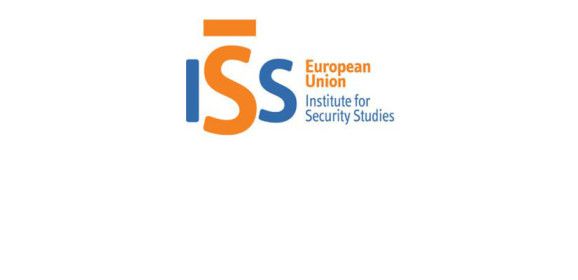Section: European Union Institute for Security Studies (France)
Russia’s world: facing a century of instability
The Euro-Atlantic community and Russia seem to live in different worlds. It is increasingly obvious that the two sides have drawn different conclusions from the same evidence about the situation in Moldova, the Russo-Georgia war in 2008, the energy disputes between NaftogazUkraini and Gazprom in 2006 and 2009, and the causes and evolution of the...
Petro Burkovskyi – Deputy Chief of the Analytical and Information Division National Institute for Strategic Studies, Kiev
In the last eight years the European Union has endured a series of unprecedented crises. These have included the global ‘credit crunch’ of 2008-9 that threatened to break up the eurozone, the spillover of Islamist violence and extremism in the wake of the ‘Arab Spring’ and ensuing civil wars in Libya and Syria, and the ‘hybrid...
Hybrid: what’s in a name?
Security analysts and practitioners have a tendency to coin new terms which capture the challenge(s) they are facing or the mandate(s) they are supposed to embrace. Terms such as ‘low-intensity conflicts’, ‘failed’ or ‘fragile’ states, ‘asymmetrical’ threats or even, for that matter, ‘comprehensive approach’ are all...
Hybrid operations: lessons from the past
The security situation in and around Europe has changed dramatically over the past two years. The conflict in Ukraine and the success of the Islamic State (IS) in the Middle East and North Africa have put territorial defence and homeland security back on the agenda in Europe. Hybrid threats and operations against the EU and its partners are real...
The Belarus dilemma
There never was much doubt that Alexander Lukashenko would obtain a fifth mandate in the presidential elections held in Belarus on 11 October. The incumbent, often labelled as Europe’s last dictator, won another landslide victory, with 87.75% of the recorded votes. More surprising was the limited protest that greeted his re-election,...
On target? EU sanctions as security policy tools
Amid lingering questions over their utility in restraining the proscribed actions of the Assad regime in Syria, curbing Iran’s nuclear programme or softening Russia’s aggressive stance on Ukraine, the EU stands to benefit from a balanced, empirically-informed assessment on how sanctions have been implemented, monitored and enforced....
Ukraine’s other war
Ukraine is fighting two wars simultaneously. The most obvious is the hybrid conflict in the east, fuelled and sustained by Russia. But while the ‘hot phase’ in this arena is over, at least for now, Ukraine is also engaged in a war against itself. It is locked in a struggle against its own dysfunctionality and endemic levels of corruption...
Saakashvili in Odessa
Odessa has served as a spring board for foreign politicians before. The governor of the region between 1803 and 1814, Armand-Emmanuel du Plessis, Duke of Richelieu, went on to serve as prime minister of France twice. But (temporarily) hosting for a former president is something new. The appointment of Mikheil Saakashvili – a restless yet...
The bear and the beaver: Russia and European energy security
Winter is long over, and with it the worry, for a few months at least, that a Russian gas cut-off could leave Europe in the cold. This year, however, the fading threat has the appearance of being more than merely an annual phenomenon. While Europe’s energy security will be a challenge for decades to come, three recent developments provide...
Defence: solidarity, trust and threat perception
A common defence policy requires mutual solidarity and trust, as well as a shared threat perception. Over the past year, the armed conflict in Ukraine has heavily tested all three in Europe and the US. So far, transatlantic solidarity, trust and shared threat perception seem to be holding. Reacting to Russian aggression in Ukraine and its...



